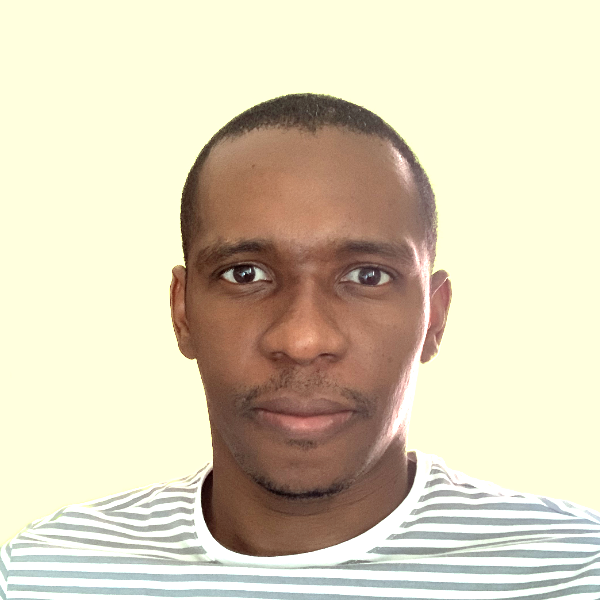
Lifted from John D. Cook and Lifehacker this concept tries to tackle the question of how we should allocate our time when it comes to learning so that we may achieve the most optimal development outcome with the least possible amount of effort.
Essentially, this is similar in methodology to the Lean Startup principles I spoke about sometime ago except that this time the problem being addressed isn't jumpstarting and organizing businesses but accelerating your ability to learn and implement concepts.
Traditionally the idea is that we invest vast amounts of time up front building an array of knowledge in schools and universities with the hope that these skills will be readily available to us when we need it at some future point. This future point is usually in the work context. Ironically, most of the time, in the work environment we end up applying or learning things just in time of when they are needed for varying reasons. The flaw here is that most things we learn we never use and even the things that we do know we need to refresh when we actually need it. Also we may learn alot of things and still miss out learning the important ones. This process is very inefficient. The real problem is that it is extremely difficult to determine ahead of time what will be useful and when. Hence, we have continued with this approach in the absence of an alternative.
Unfortunately, no one has yet to solve the problem of being an Oracle by knowing everything ahead of time but the new idea is not to eliminate the learning ahead but to redistribute the time and effort balance. Instead of trying to know everything in depth prior to when it's needed what is being proposed is to learn just the surface and summary data in advance just in case and only go deep just in time or in near real time. This can be likened to only learning the 1000 most frequently used characters in any language. Sure you won't be a master of the language but a 1000 words may be the smallest subset needed to be functional. Learn the minimum needed to be fluent or non-fluent but effective as opposed to learning every single word in the dictionary.
Start learning on the surface today and read more charts like this one. Go deep only as needed. You should indeed get into that new area and or career right away. Get the job first and become an expert later.
 Nneko Branche.
Nneko Branche.